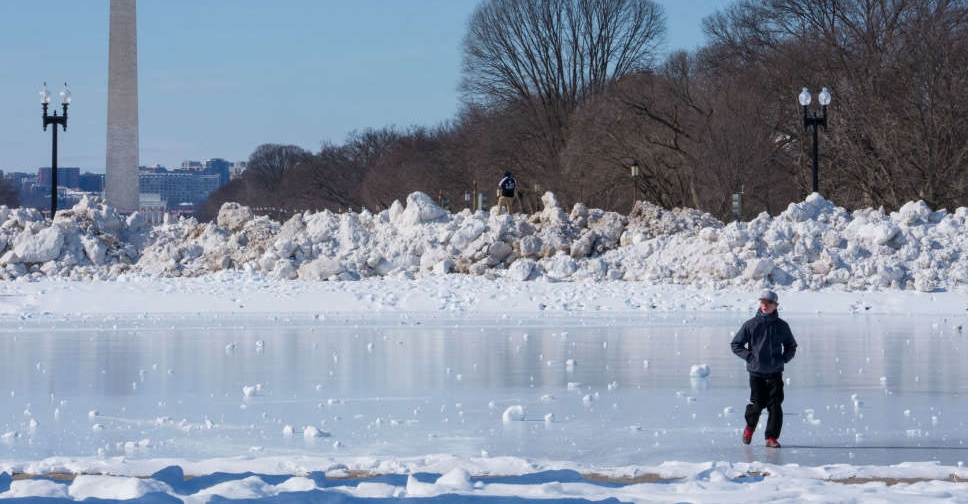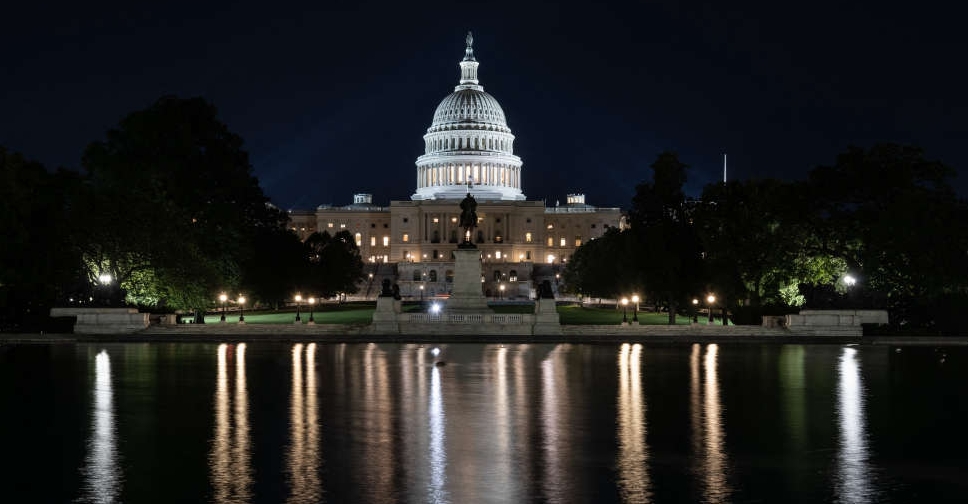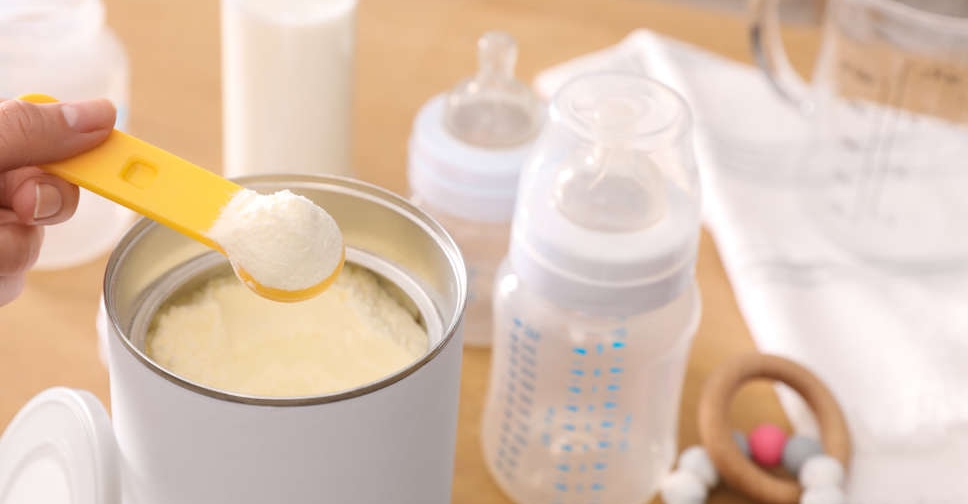
Nearly half of US tap water samples contain toxic "forever chemicals," substances used in hundreds of household items from cleaning supplies to pizza boxes to which broad exposure can carry serious health risks, according to a new study.
The US Geological Survey (USGS) study tested tap water samples from more than 700 residences, businesses and drinking-water treatment plants across the country for the presence of perfluoroalkyl or polyfluoroalkyl chemicals known as PFAS.
At least one such synthetic chemical was detected in 45 per cent of the samples at levels exceeding benchmarks and US-proposed regulations, the researchers said.
PFAS are water resistant, meaning they do not break down in the environment and last in human bodies for years. Developed in the 1940s with the creation of Teflon, a non-stick cookware coating, today they are used in everything from clothing to plastic products.
Previous studies have measured PFAS in ground water, reservoirs and water treatment plants. But analysing tap water allows for a more accurate assessment of what people are drinking, said Kelly Smalling, a USGS hydrologist who led the research.
Exposure to high levels of PFAS can disrupt hormones, disturb liver function, increase the risk of kidney or testicular cancer, reduce birth weight in infants and compromise the health of pregnant women, according to the US Centers for Disease Control and Prevention.
Tests exist for a fraction of the 12,000 known types of PFAS. The study samples, which came from public supplies and private wells between 2016 and 2021, were tested for 32 types.
There was no difference in PFAS exposure between samples from private wells and the public supply, which "was very surprising,” Smalling said.
Public water supplies are regulated by the Environmental Protection Agency while private wells are not.
Compared with people in rural areas, those in urban areas are at higher risk of exposure to PFAS in drinking water, the study found.
In March, the EPA proposed the first-ever national drinking water standard for six PFAS. It would require monitoring of public water systems and disclosure when PFAS levels exceed limits.
Almost $10 billion was directed to help communities reduce PFAS and other chemical contaminants as part of the Biden administration’s Bipartisan Infrastructure Law.




 Reopening of Gaza's Rafah crossing expected Monday
Reopening of Gaza's Rafah crossing expected Monday
 Winter storm death toll in United States reaches 90
Winter storm death toll in United States reaches 90
 Pakistan says 145 militants killed after attacks in Balochistan
Pakistan says 145 militants killed after attacks in Balochistan
 Israeli strikes kill 26 in Gaza, health officials say
Israeli strikes kill 26 in Gaza, health officials say
 US government starts likely brief shutdown as House fails to approve deal
US government starts likely brief shutdown as House fails to approve deal
 Thousands demonstrate in Minnesota and across US to protest ICE
Thousands demonstrate in Minnesota and across US to protest ICE
 France tightens infant milk rules after recalls
France tightens infant milk rules after recalls
 Modi ally proposes social media ban for India's teens as global debate grows
Modi ally proposes social media ban for India's teens as global debate grows




